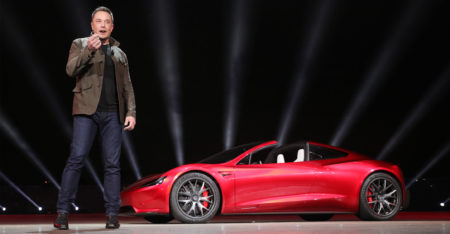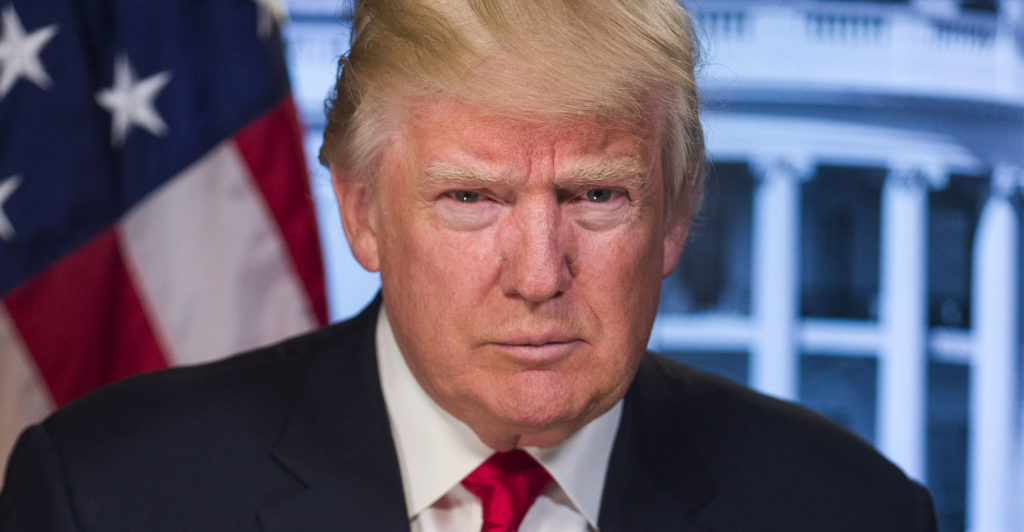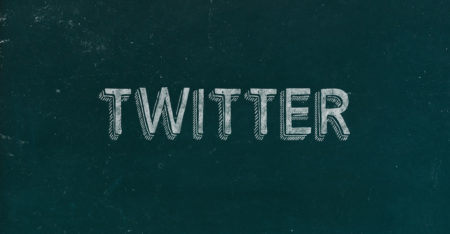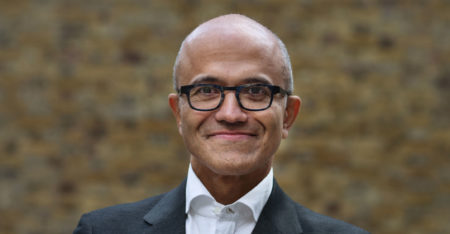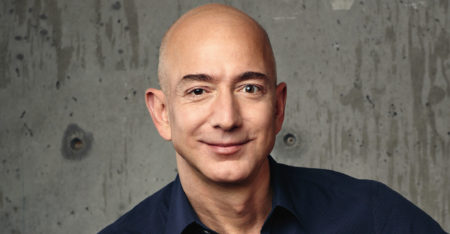Elon Musk thinks Tesla will have fully autonomous cars ready by the end of 2020. That may be wishful thinking.
Browsing: In-depth
Individualistic Western societies are built on the idea that no one knows our thoughts, desires or joys better than we do. Artificial intelligence will change this.
Chronic under-performance of South Africa’s economy over the past decade is pushing the continent’s dominant powerhouse to the edge of economic and political disaster.
Donald Trump’s WeChat ban targets a celebrated Chinese innovation at the heart of the world’s largest mobile gaming and social media empire, threatening one of the more eye-catching stock rallies of 2020.
Let’s be blunt. It makes no sense for Microsoft to buy TikTok. Even founder Bill Gates, who no longer has an active role, sees TikTok as a “poisoned chalice”. By Tim Culpan.
When US President Donald Trump declared TikTok a threat to American national security, there were more than a few people who thought, “What’s that?”
After finessing regulators and stroking egos to get this deal done, Microsoft will rightfully expect a big discount if it buys TikTok. The size of that discount will prove CEO Satya Nadella’s worth.
As Covid-19 has frozen the international travel on which they once thrived, double-decker, four-engine planes like the Airbus A380 and Boeing 747 are more likely to be found in storage than soaring through the skies.
Chief executives from four of the biggest US technology companies will face a moment of reckoning on Wednesday in an extraordinary joint appearance before lawmakers.
Internet shutdowns have impeded the right to development and posed threats to democratic development in Africa.


